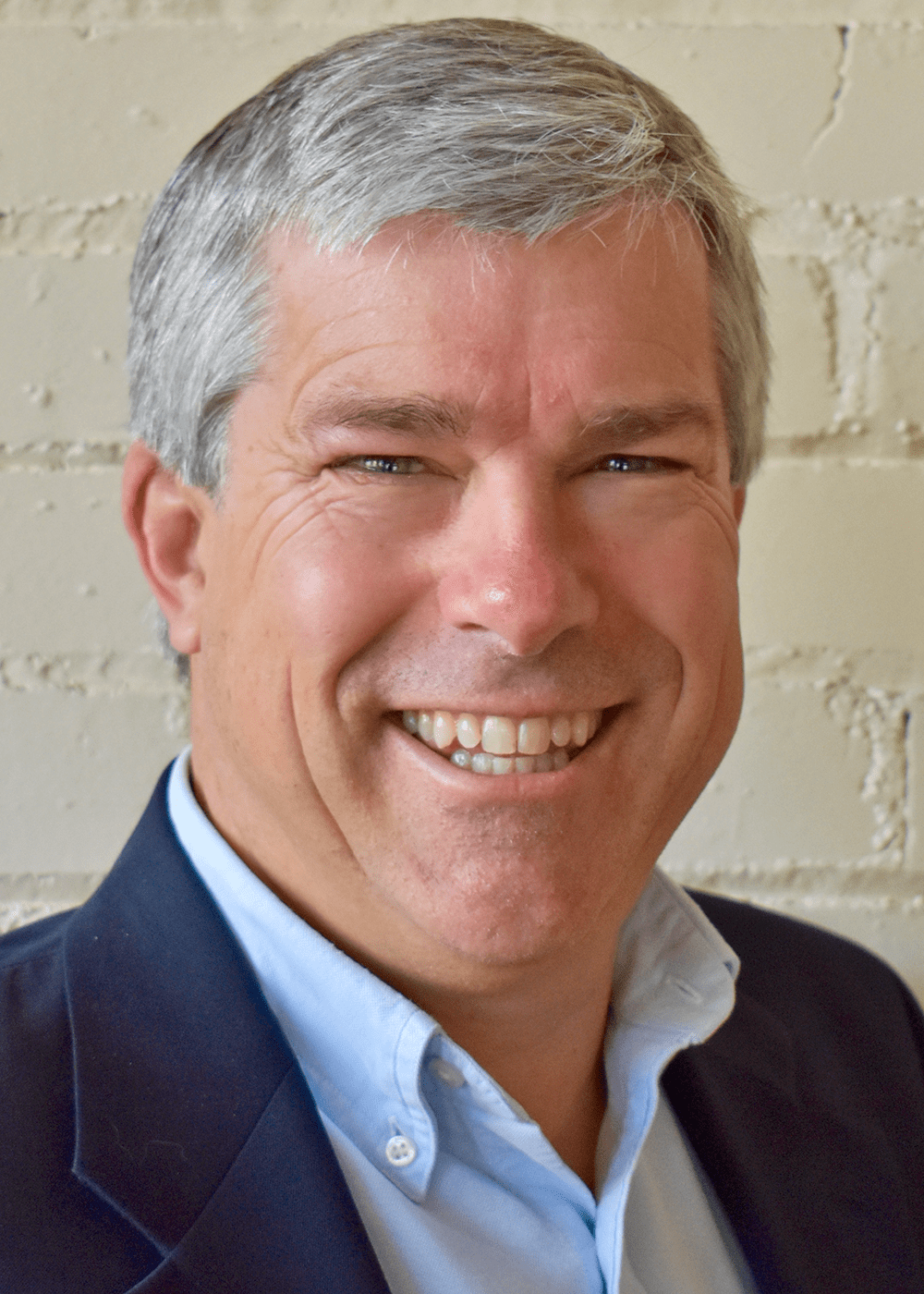



Cultural Realities Of Latin American Entrepreneurship
However, outside of the Valley and particularly in the rest of the world, the reality is more nuanced. Truthfully, as a means of understanding startup culture in the rest of the world, this viewpoint does international entrepreneurs a disservice.

ExtraVallis Expert Interview: Southeast Asia with Lilyana Abdul Latiff of BETA Foundation
In terms of ecosystem, if an American investor comes in and sees Southeast Asia, “Where should I start? Why should I invest in Southeast Asia?”. Well, Southeast Asia is the growth market for the eastern world, right? It's very hard to invest in China and in China, they've got so much money that most of their startups get funded by Alibaba or whatever. So it's not sexy for investors to come in and invest in China, unless you really got deep pockets. Even Indian investors are coming into Southeast Asia and they're coming through Singapore and Malaysia and setting up offices over here to invest.

Tips on Connecting Startups and Investors
Are you an investor looking for a young startup to invest your capital in? Or maybe on the contrary - it is you who are looking for financing for your great idea? Andrea might be able help. Who is Andrea? Andrea is Co-Founder and COO at ExtraVallis – a seed-stage global funding platform connecting investors anywhere to startups everywhere.

Guy Kawasaki: How to “Enchant”
A post from our advisor, Aaron Everhart: “I had the privilege to meet Guy Kawasaki in person, while he delivered his "Art of Enchantment" presentation (which is now famous), I took these notes to summarize the learning.”

How to Invest in Startups | ExtraVallis
What are the stages of investment for a startup company? And what is the process for a startup to get funding?
As an investor, what does it take to spot the next Uber...or AirBnB?
And do you really need to have a strong connection in Silicon Valley to get funding for your next startup?
Today we sit down with Derek Footer and Andrea White-Kjoss. They are the founders of ExtraVallis. They will share with us their insider insight into how the private investment ecosystem works.

Fast track strategy and transformation execution by up to 50%
This post from Juuso Hämäläinen, Founder & CEO of Tangible Growth covers a transformation model that helps companies fast track strategy and transformation execution by up to 50%. In it, Juuso talks about this. and their SaaS software that helps build and maintain high execution cultures.

ExtraVallis Expert Interview: Ecosystem Building with Peter Adams of Rockies Venture Fund
A lot of people here watch Shark Tank, and they think this is so easy, we just get this pitch to happen and we'll be sharks, ask a bunch of questions and we'll write checks and it just doesn't happen that way. Angels by their very nature are kind of afraid, they don't know how to value companies. In general, more and more of them do but on their own, they have difficulty with it. And they often ask the exact wrong questions when they're evaluating companies. And so, if they just sort of look at the standards of how their own businesses have worked, they're not understanding how value is created in venture.

ExtraVallis Expert Interview: Due Diligence with Eli Velasquez of VentureWell
In a matter of weeks, due to the pandemic, we went from a founders market to an investors market. Investors are taking on more rights into the companies: more board rights, more liquidation preferences. There are a lot more terms that have now shifted in favor of the investor. And because of that, it's making it a little bit harder for startups to have strong negotiating power.

The Right Kind of Building
We need to think bigger and further out. We need to leapfrog existing systems in the same way Africa developed cellular networks, avoiding politically and economically impossible landline networks. The opportunity provided by our current crisis is not that we can change human beings’ fundamental self-interest, or get sclerotic political systems to suddenly act. Rather, we should bypass the roadblocks they erect wherever possible, and improve incrementally wherever necessary.
Successful Angel Investing
Simply put, traditional angel investing — especially outside the SF Bay Area — does not make money. Even great startups with huge markets and amazing teams fail. All the time. And it is not possible to consistently invest in one to three startups yearly and expect such a strategy to consistently produce an exit with a high enough return to make up for all the failures. It is “betting against the house”; and, while you’ll occasionally get a pot of winnings, mostly you go home a loser.

A Global Funding Ecosystem
Pooling of private capital is what makes Silicon Valley unique. By pooling risk capital, emerging ecosystems could emulate the success of Silicon Valley. However, the number of investors interested in risk capital in any single emerging ecosystem is not enough to fund a comprehensive funding infrastructure. What is needed is a pool of investors beyond the local geographic boundary. A virtual global funding infrastructure, if you will.

Empowering Excluded Investors
With rare exceptions, the best Valley venture capitalists and angels are the backbone of the networked community, and have no need to raise capital from new investors or external investment groups. Investors interested in startup investment that are located outside these networks are excluded from investing in these promising companies. Consequently, investors not already plugged into the Valley A-list VCs are not getting the returns they should.

Consistent Funding is the Necessary Element for a Startup Ecosystem
While it is necessary to have a pool of talented entrepreneurs with solid ideas, it is not sufficient. Through my past 25 years of experiences in San Diego and many other emerging ecosystems—from Latin America, to Asia, to Eastern Europe—I know the primary determinate of success is the breadth and depth of the funding infrastructure. More specifically, an abundance of seed-stage capital.
